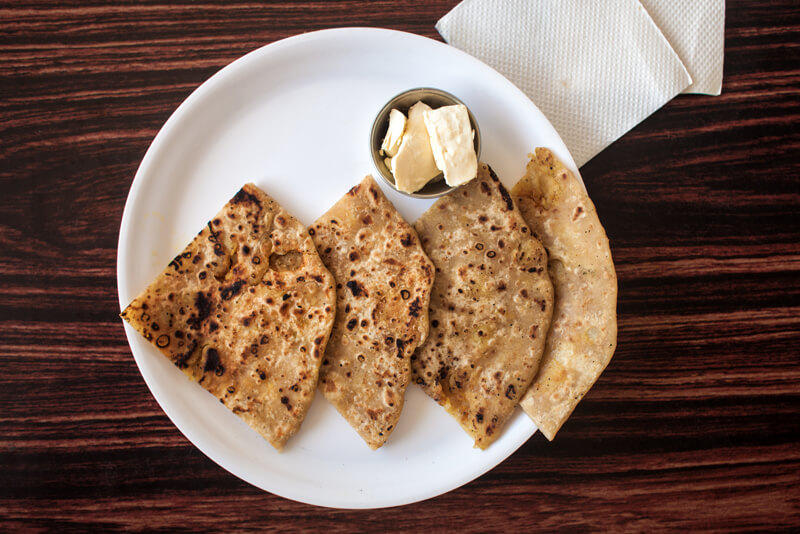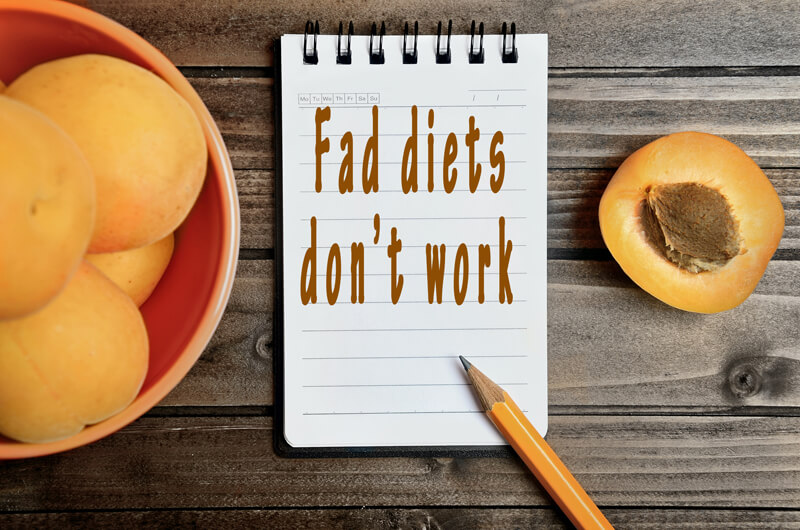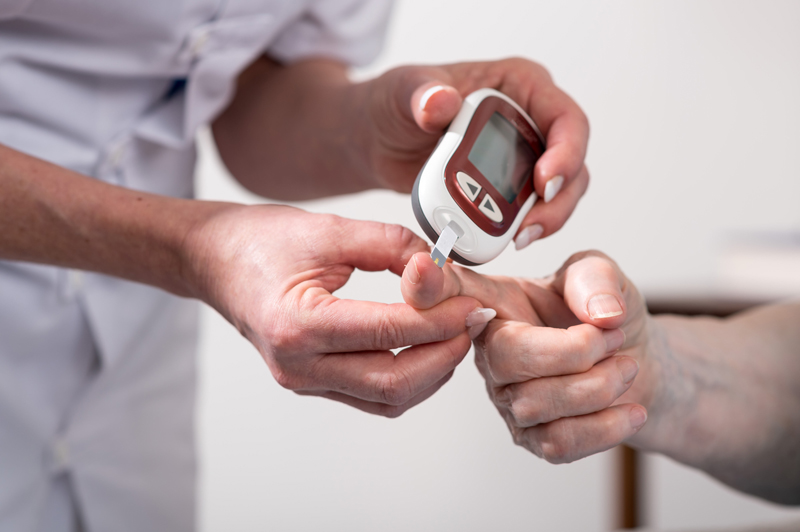India is home to some of the most nutritious, antioxidant-laden fruits and vegetables, colourful spices, and healthy foods. It’s therefore extremely vital that we seek to keep our daily family diets as healthy as possible which is not that hard to do. Be sure you don’t make these extremely common and preventable errors and fall into the following food traps:-
1. Make sure you eat a good breakfast
Studies confirm that families that consume a breakfast meal daily, on average, have healthier body mass indexes than those of similar stature that tend to skip it. Breakfast needs to be high in fibre and protein if you want it to keep you satiated well into the day.It is, after all, known as the most important meal of the day. Instil this mentality into your kids and other family members to ensure their prolonged health. A good, healthy breakfast also makes it less likely for you to grab those unhealthy foods during the day if the body is fuelled by a balanced morning meal.


2. Relying on fast food
This could be considered part of ‘Western’ culture and it is best avoided as much as possible.The food isn’t always of the best quality and is usually loaded with sodium and preservatives.It is much better to choose health over convenience and prepare healthy meals at home for you and your family.If you must eat at a fast food restaurant, consider eating only half of the meal or opting for smaller portions.
3. Binging on low-fat foods
Low-fat food choices serve a place in your diet but don’t assume that if something is low in fat that you have a free pass to consume as much as you want. Foods that say they’re low in fat still contain calories, keep that in mind. Overindulgence in these ‘healthier options’ would still lead to weight gain. Everything in moderation should always be foremost in your mind.


4. Drinking your calories
It’s important that your family gets the most out of their daily caloric food intake from actual food.Ditch those aerated drinks and high-calorie fruit juices if you want to lose weight or maintain a healthy lifestyle.You could also avoid alcohol and choose low-fat milk for your teas. Liquid calories often provide no nutritional value and your diet can quickly be derailed by drinking too much of them.


5. Being too conservative with your water intake
Your body is made up mostly of water, and it needs the liquid to operate proficiently.You should aim for a serving of water with every meal and snack.You need to remember that dehydration has a negative impact on your metabolism. Stay healthy by staying hydrated.
6. Going low-fat
Recent studies have shown that calcium plays a key role in losing weight. If you or a family member want to lose weight in a healthy way, switch to some low-fat dairy options.Try low-fat yoghurts, low-fat milk in your tea, and low-fat cheese.Calcium supplements are better than no calcium, but they don’t rank as helpful in studies. It’s always best to choose the real deal.


7. Demanding too much of yourself
It’s great to set goals, but make sure your goals are obtainable.You can’t expect to lose too much weight in a day. If you make extremely high goals and do not meet them, this could affect you psychologically.You may feel defeated and fall back into unhealthy habits so keep those goals reasonable.
8. Misunderstanding the purpose of snacks
A snack now and then is not going to sabotage weight loss efforts. However, it is easy to fit several snacks into you and your family’s daily diet without realising it. Grazing on small, healthy snacks gets your metabolism revved up through the day. Find a balance that works.Aim for healthy snacks like fruit and nuts over sugar-laden candy.
9. Stopping the fad diets
If you’re looking at long-term weight loss, don’t bother with those crash diets.You might lose weight quickly if you allow yourself to eat less than 1,000 calories a day, but as soon as you start eating normally again, the weight will come back almost immediately.


Eating fewer calories, as prescribed by some of these diets, will negatively affect the body’s metabolism and it’ll take some time before its reset to a healthy level. Research indicates weight lost slowly is more likely to amount to permanent weight loss.




















Thanks for posting this. Your blog is so interesting and very informative. Thanks for circulating such cooperative details and figures in your blog.